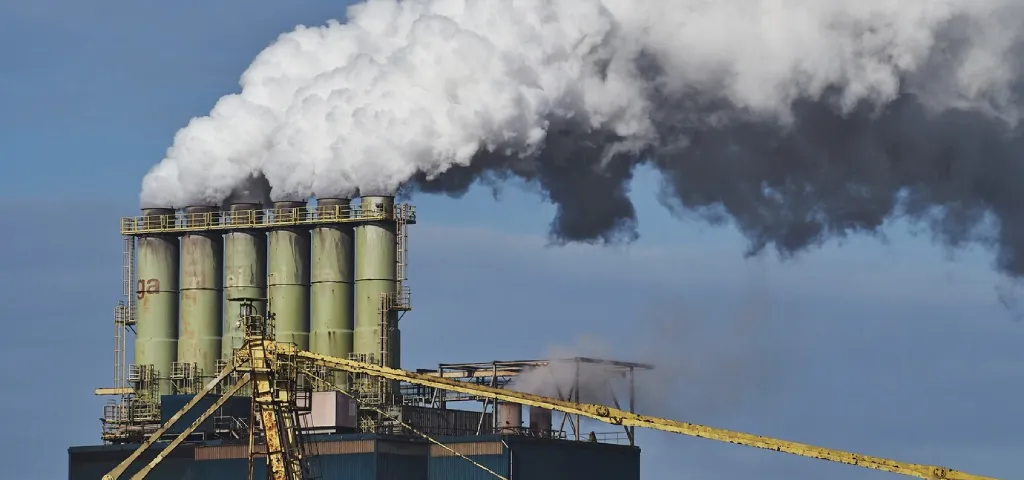The oil and gas industry serves as the backbone of the global economy, providing the energy required to power industries, transportation, and households worldwide. However, this vital sector faces a significant challenge: the balancing act between fostering economic growth and ensuring environmental stewardship.
For decades, the industry has driven economic prosperity, generating employment opportunities, supporting infrastructure development, and contributing to national revenues. Yet, its operations have also been synonymous with environmental concerns, including greenhouse gas emissions, ecosystem disruptions, and the depletion of natural resources. Achieving a harmonious equilibrium between economic growth and environmental care is pivotal for a sustainable future.
Environmental concerns surrounding the oil and gas sector primarily revolve around greenhouse gas emissions, notably carbon dioxide (CO2), methane, and other pollutants. These emissions contribute significantly to global warming and climate change. Additionally, the extraction and transportation of oil and gas can lead to environmental disasters, such as oil spills, contaminating ecosystems and harming wildlife.
Acknowledging these challenges, the industry has been gradually shifting towards adopting more environmentally friendly practices. Advancements in technology have enabled the development of cleaner extraction methods, improved refining processes, and enhanced transportation mechanisms. Furthermore, there has been a growing emphasis on renewable energy sources and investments in alternative energy solutions.
One notable initiative within the industry involves the implementation of carbon capture, utilization, and storage (CCUS) technologies. CCUS aims to capture CO2 emissions from industrial processes, such as power generation or cement production, and store or utilize them to prevent their release into the atmosphere. Integrating CCUS into oil and gas operations has the potential to significantly reduce their environmental footprint.
Moreover, the push for renewable energy sources has led many oil and gas companies to diversify their portfolios by investing in solar, wind, and biofuel projects. By expanding their involvement in cleaner energy initiatives, these companies aim to not only mitigate their environmental impact but also ensure a smoother transition toward a more sustainable energy future.
Regulatory bodies and governments worldwide also play a crucial role in balancing economic growth with environmental care in the oil and gas industry. Stringent regulations and policies regarding emissions, environmental impact assessments, and operational standards compel companies to adopt more sustainable practices. Governments can further incentivize green initiatives through tax breaks, subsidies for renewable projects, and penalties for excessive pollution.
Collaboration and partnerships between governments, industry players, and environmental organizations are essential in driving meaningful change. This cooperation can foster innovation, facilitate the sharing of best practices, and encourage the development of more sustainable technologies and processes within the sector.
However, despite these advancements and collaborative efforts, challenges persist. The transition to cleaner energy sources requires substantial investments in research, development, and infrastructure. Economic considerations often pose a hurdle, as renewable energy technologies may not yet be as economically viable as traditional oil and gas operations without subsidies or incentives.
Nevertheless, the urgency to address climate change and environmental degradation necessitates a swift and decisive response. Businesses in the oil and gas industry must prioritize environmental sustainability as a fundamental aspect of their operations. Embracing a long-term vision that integrates economic growth with environmental responsibility will be key to navigating the evolving energy landscape successfully.
Conclusion
In conclusion, achieving a balance between economic growth and environmental care in the oil and gas industry is an intricate challenge that demands innovative solutions, cooperation, and proactive measures. Embracing cleaner technologies, diversifying energy portfolios, adhering to stringent regulations, and fostering collaborations are pivotal steps toward a sustainable future. The industry’s commitment to responsible practices and a greener approach will not only ensure its longevity but also contribute significantly to global efforts in combating climate change and preserving the planet for future generations.






